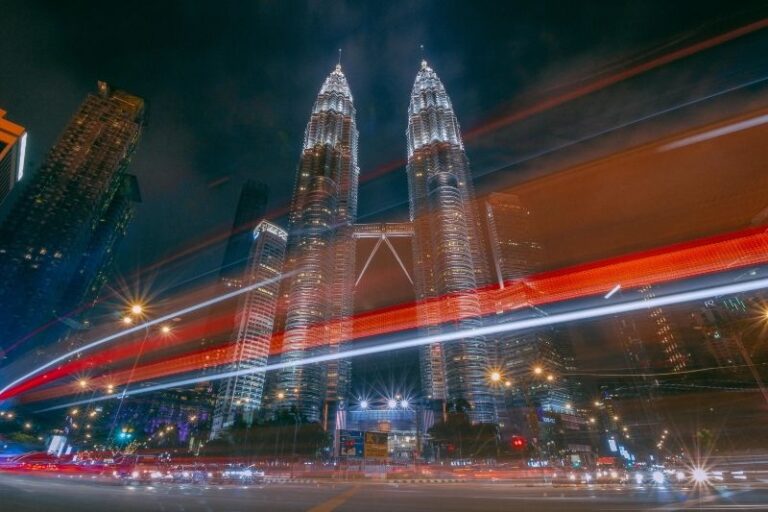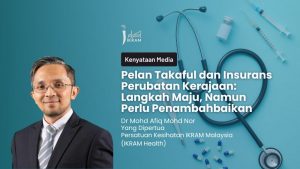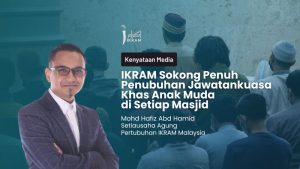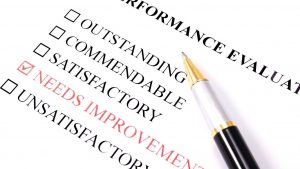On the last Friday of October every year, Malaysians wait with much anticipation to hear the budget speech by the Minister of Finance.
This year is slightly different. After over a year of political turmoil and living in lockdown in most parts of the pandemic, weary Malaysians appear to have less excitement about the budget.
Perhaps this sentiment is to do with the landmark bipartisan agreement signed in September, following the appointment of Ismail Sabri as Malaysia’s third Prime Minister after the last General Election.
Over the past 2 years, the Covid-19 pandemic uncovered vulnerabilities of Malaysian society, from inadequate social protection to income and wealth inequalities, gaps in healthcare system, digital divide and so on.
Throughout the pandemic, while struggling with the health crisis, there have been calls for a reset of the economy. Though the reset call is not unique to Malaysia, Malaysia especially needs to press the reset button considering the circumstances the country is in even before the pandemic.
Having been in the middle-income trap since the late 90s, Malaysia has been outpaced by similar countries in its development efforts. Though a recent World Bank report portrays a positive outlook with a prospect of achieving a high-income economy as early as 2024, unresolved structural issues remain.
On a more important dimension, in 2020, Malaysia was ranked at 62nd position in the UNDP’s Human Development Index (HDI).
Simply put, Malaysia still has a long way to go before it can excel in human development. As a measure of people’s quality of life, HDI encompasses three foundations for human development i.e. to live a long, healthy and creative life, to be knowledgeable, and to have access to resources needed for a decent standard of living.
The 2022 budget is intended to facilitate post-pandemic economic recovery with focus on rakyat’s wellbeing, resilient businesses and prosperous and sustainable economy. For these ambitious goals, the government (and its opposition partner) should be lauded for coming up with the budget. It is not an easy time for Malaysia as it is in uncharted waters, politically and economically.
However, despite the ongoing concerns on Covid-19 and mental health issues, healthcare spending is relatively low compared to our peers. With RM32.41 billion allocation, the amount is approximately 2.1% of gross domestic product (GDP), below the average of 3.84% of GDP spent by upper middle-income countries in 2018. At 2.1%, our healthcare spending is only half of the minimum target recommended by the Malaysian Health Coalition, which is at least 4% of GDP.
With unemployment rose to 711,000 persons in 2020 from 508,200 in 2019, and youth unemployment of 314,000 persons in 2020 compared to 295,800 in 2019, empowering the vulnerable should be a priority, but not only by creating jobs through the Jamin Kerja Keluarga Malaysia (JaminKerja) initiative.
Equally important is to create sustainable and quality jobs, both semi-skilled and high-skilled. Upskilling, reskilling and targeted social mobility initiatives are of significance, coupled with the much-needed emphasis on science, technology and innovation (STI).
To provide an adequate and inclusive safety net, the social protection system should be upgraded in a sustainable manner, considering the gig economy and the future where as much as half of all jobs in Malaysia are at risk of being replaced or reshaped by automation.
Digital divide is yet another area of concern, particularly for Malaysians living in the remote areas, including Sabah and Sarawak, though the budget provides allocation for schools and digital adoption among microenterprises, small and medium enterprises (SMEs). Internet access is of paramount importance for inclusive access to education and opportunities for all Malaysians.
The colossal allocation of RM11.4 billion for the Bumiputera community, equivalent to one third of the healthcare budget, demands for transparency otherwise it will stand out as a sore thumb. Such a practice can lead to distrust by the non-Bumi towards the present government, considering that the non-Bumi allocation is only around 3% of that given to the Bumiputera community.
To make an impact, a more targeted approach with clearly defined outcomes should be adopted if the government is serious in alleviating the socioeconomic status of the Bumiputera community. Essentially, a more needs-based and inclusive approach should be adopted.
Given all the issues and challenges within and beyond the budget, indeed, a reset, a new way of developing the economy should be explored for Malaysia to be prosperous, in line with the 12th Malaysia Plan and the Shared Prosperity Vision 2030.
Malaysia must make up for the lost time to revamp or upgrade its economy to a STI-driven, high value-add economy that would be key for future growth, while maintaining the social fabric of a plural society.
On this end, the government should consistently invest in fostering national unity and harmony and take a whole-of-nation approach, including through empowerment of NGOs to instill social cohesion among the rakyat.
A reset should also consider adopting a giving-based economy which encourages philanthropy among wealthy individuals, communities and the private sector to contribute to the wellbeing of the nation. The culture of giving (and caring) should be inculcated within our society.
Systemically and systematically implemented, we believe this approach would facilitate creation of a more resilient economy, narrow income and wealth inequalities, promote social cohesion, and can potentially reduce government debts in the long run.
Badlishah Sham Baharin, Deputy President, IKRAM
Mohammad Abdul Hamid, Public policy consultant







